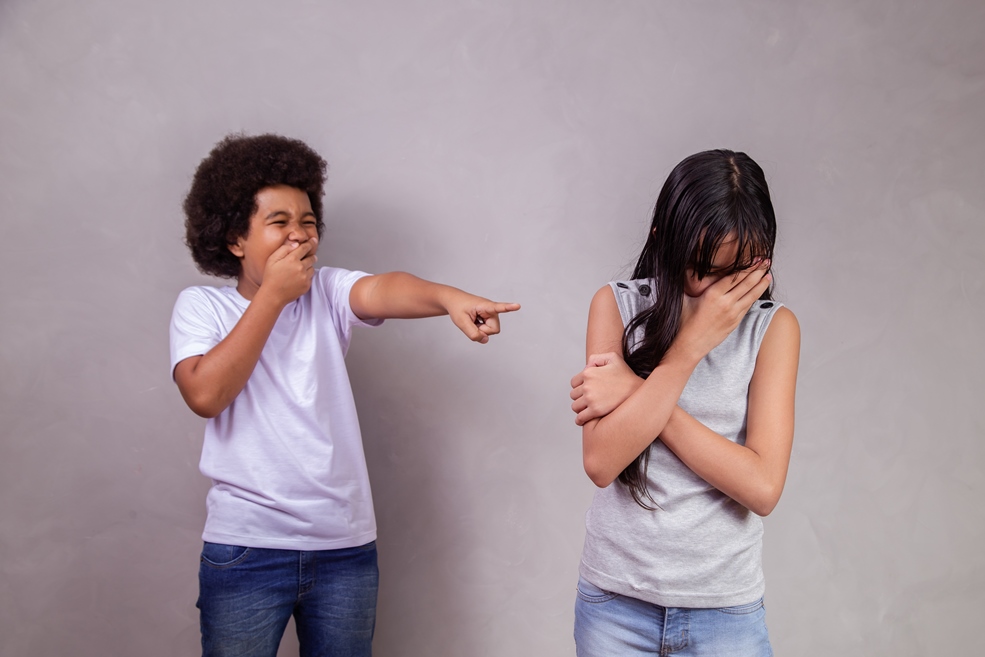
Oppositional defiant disorder is a behavioral disorder of childhood characterized by recurrent disobedient, negativistic, or hostile behavior toward authority figures that is more pronounced than usually seen in children of similar age, lasting longer than six months. It generally manifests as temper tantrums, active defiance of rules, dawdling, argumentativeness, stubbornness, or being easily annoyed. The defiant behaviors typically do not involve aggression, destruction, theft, or deceit, which distinguishes this disorder from conduct disorder. ODD is diagnosed if a child does not meet the criteria for conduct disorder— most especially, extreme physical aggressiveness—but exhibits such behaviors as losing his or her temper, arguing with adults, repeatedly refusing to comply with requests from adults, deliberately doing things to annoy others, and being angry, spiteful, touchy, or vindictive. Oppositional defiant disorder should be distinguished from attention-deficit/hyperactivity disorder, with which it often co-occurs, in the sense that the defiant behavior is not thought to arise from attentional deficits or sheer impulsiveness and children with ODD are more deliberate in their unruly behavior than children with ADHD.
Worried that your child might have ODD
Treatments, we provide that can help your child and you: